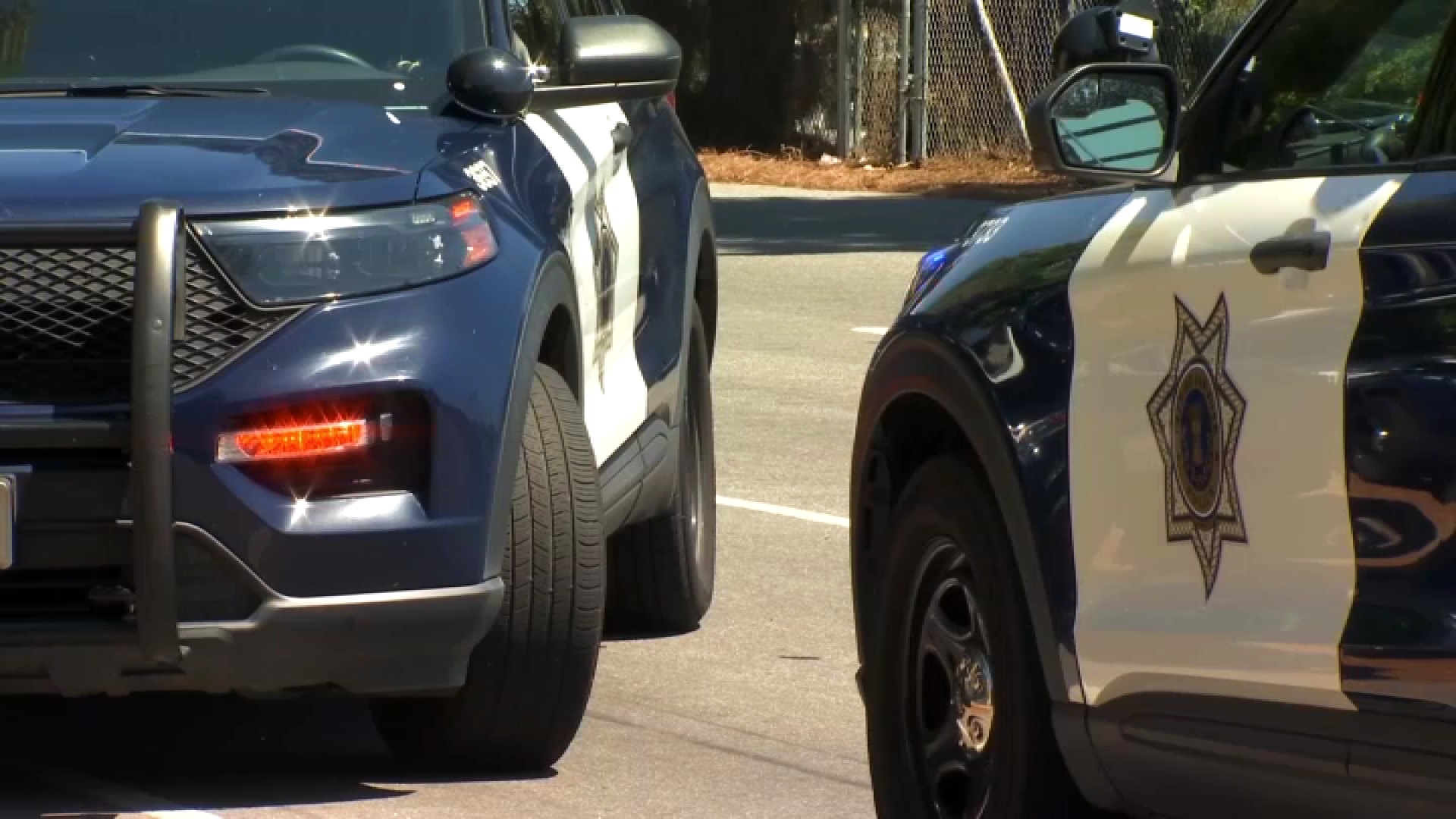It had been the longest year of his life. Billy Aldrich was a door gunner on a huey gunship in Vietnam attached to the Army's 101st Airborne Division, the legendary "Screaming Eagles."
When Aldrich left Vietnam in June 1970, relief was not what he felt.
"Feeling really bad that I survived when guys in my company didn't," Aldrich said. "My helicopter got shot down and everyone got killed while I was on R&R."
The medals he came home with tell the story of a brave soldier. But there was no hero's welcome.
"I came back and left the Oakland Army Depot and took a bus over to the 7th Street bus station in Marin and there was like, protesters, like kids that we grew up (with), same age," Aldrich said. "And right away I realized, 'We're not gonna fit in. We're not cool.'"
So Aldrich did not talk about his experiences, felt ashamed of his role in the Vietnam disaster, and immersed himself in drugs and a career as a barber. Thousands of his colleagues shared his struggles.
"A lot of Vietnam veterans came home, had a terrible reception, were not sure how to feel about their service or felt strongly about their service or weren't around people that reflected their views," said Dr. Jesse Wade, a veteran's therapist. "And it became easier to just clam up and push through."
Local
It did not help that some of the Vietnam vets who did reach out for help earlier in their lives were made to feel unworthy by the very agency taht was supposed to help them.
"They were turned away once before at the VA and they didn't ever want to go back," said Sean Stephens, a veteran's service officer. "They didn't want to deal with that humiliation."
So countless Vietnam vets turned inward to find shelter and lived there for years.
Wade sees many veterans who, five decades later, are finding that their avenues of escape are closed off. The Veterans Administration is treating a growing number of PTSD cases, with an influx coming from Vietnam veterans.
"Vietnam veterans are now coming forth more than ever because they're retired, their children are fully grown and as they've gotten older, they've had time to reflect," Wade said.
For Aldrich, a life of denial was shattered by the sight of the terror attacks and the Vietnam nightmares that followed.
"What happened after 9/11? I didn't know. I fell apart," Aldrich said. "I, overnight -- became jittery, angry."
Those same friends convinced Aldrich that it was time to fight for survival again. So he went to the Veteran Administration, which by then had long recognized the unique circumstances of the Vietnam experience.
"One of the biggest challenges is helping the veteran overcome the idea that they don't have the rights and benefits that other veterans do," Wade said. "The idea that because it was a bad war or a dirty war, a war that was so difficult that they don't have a right to get care and get support for their injuries both physical and mental."
It was true, as well, that there was no technical diagnosis of post traumatic stress disorder until a decade after many Vietnam veterans had come home and disappeared into their silence.
"In the past, we were grasping at straws, not knowing what to do," Wade said. "But now we have a lot of therapies, better resources and an ability to provide better support."
Stephens said it is important for veterans to stick together and take care of each other "just like before, just like when we were deployed."
That's the message that provided the fix for Aldrich.
"I have a new lease because I got help with the Vietnam issues. I got sober. I got clean," Aldrich said.
Veterans of Vietnam and of wars since have a greeting they share. It is a simple phrase they did not hear all those years ago -- "welcome home."
For Aldrich, it was the therapy he needed -- at last.
Therapists at the VA encourage veterans who are struggling to seek help through the Veterans Administration.



